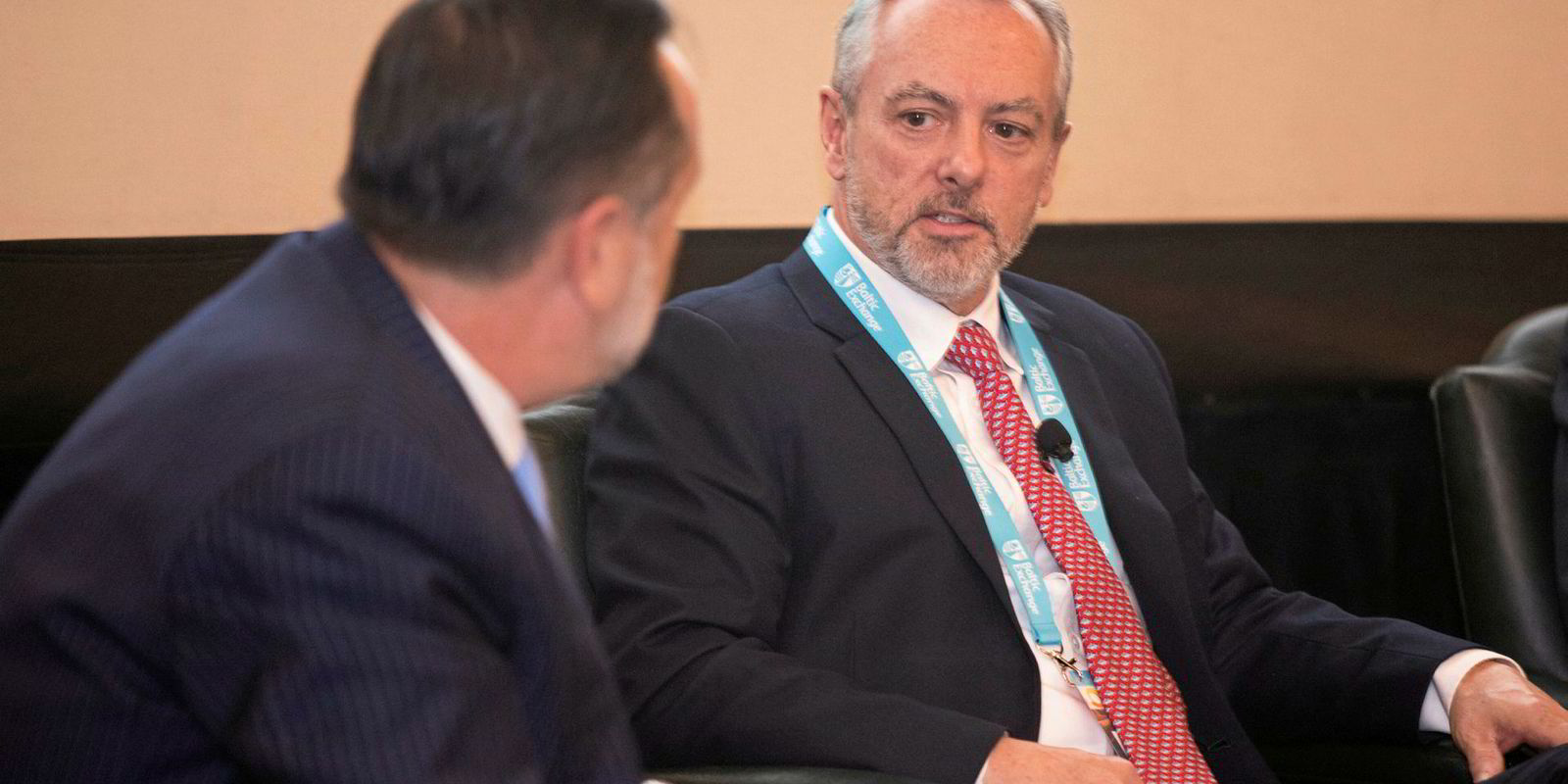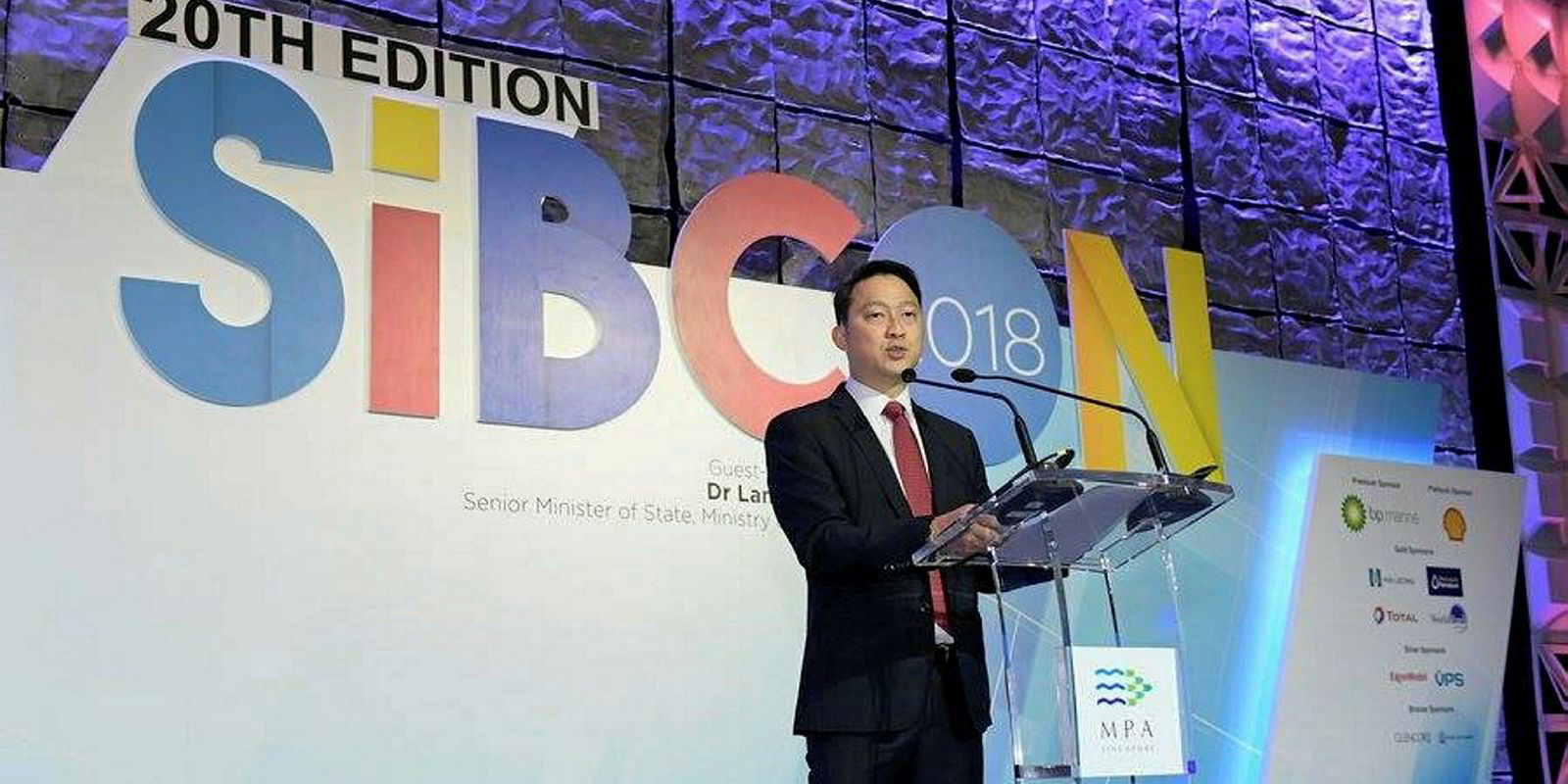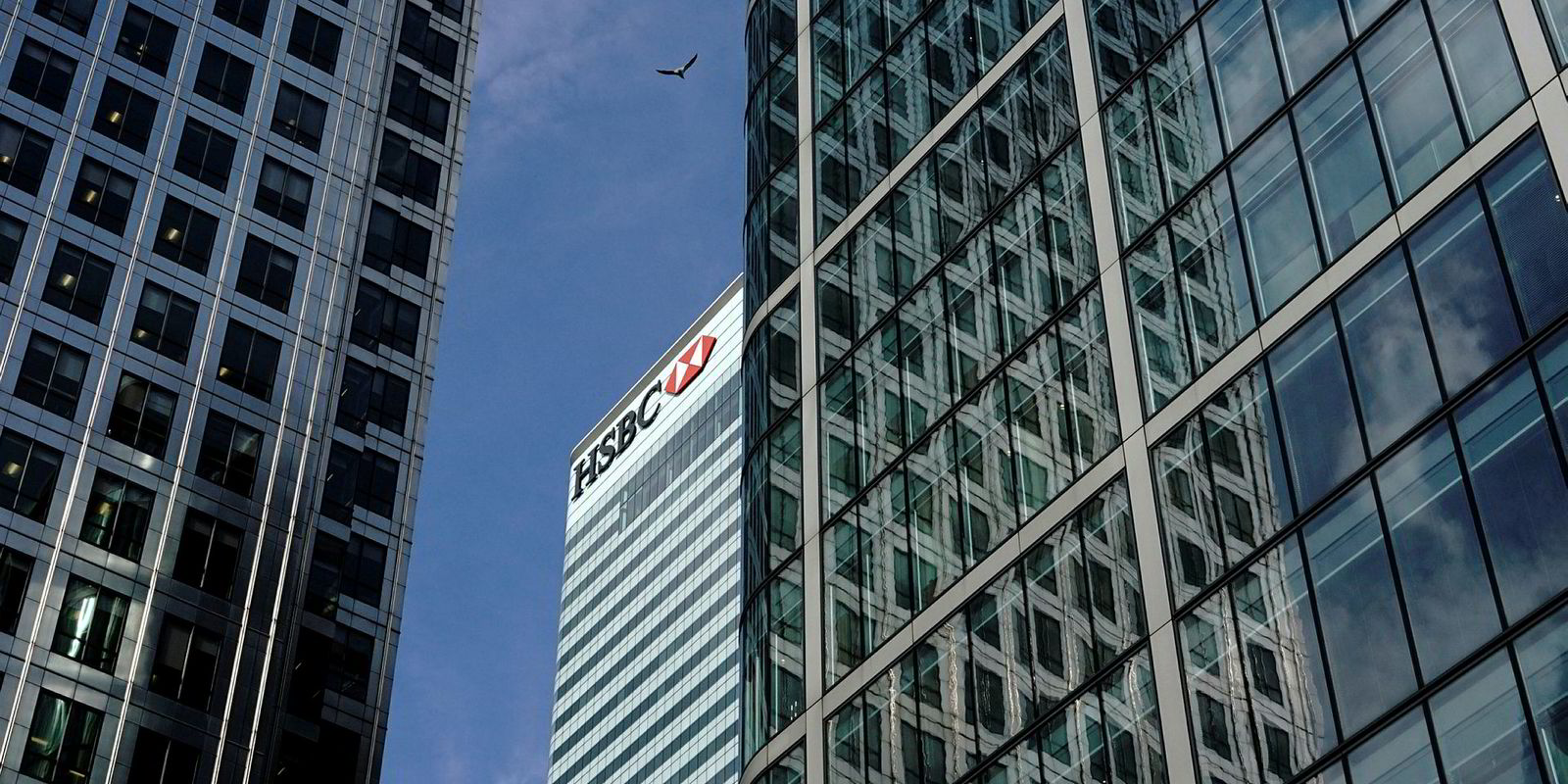The transition to the IMO 2020 fuel emissions deadline will not be pretty and shipping won’t need to wait until 1 January to discover that, a leading operations manager says.
Andrew Smiley, vice president of shipping for Koch Supply & Trading, told an audience at Heidmar’s annual Marine Forum in Houston last week that owner-operators seeking to get a jump on the transition to distillates will clash with traders and charterers who want to keep using high-sulphur bunkers for as long as possible.
“The date isn’t really 1 January — it’s more like 1 October. It’s all going to start around then,” Smiley said.
Early clean-up
Owner-operators typically would like to start the process of cleaning their bunker tanks weeks before the official deadline and begin the transition to 0.1% low-sulphur fuel with time to spare, he explained.
“The chartering guys and the traders will start the problems because they want to take it down to the last day. Depending on what happens, it could be a disaster,” he added.
“If you cross that finish line and you still have high-sulphur fuel on your ship, it’s not going to be pretty.”
If scrubber use somehow were to become the norm, it would be a bad situation
Andrew Smiley
The Koch executive said he has already seen communications from a trader upset that a shipowner has scheduled an early cleaning of bunker tanks in anticipation of the switch to cleaner fuel.
“I warn you that people are going to be frustrated and there will be lots and lots of people with headaches,” Smiley said.
“Operations people are going to be very, very frustrated and there’s going to be lots of problem-solving going on.”
The situation will be most problematic for bigger ships such as VLCCs and capesize bulkers, given their longer voyage times, he warned.
He noted that Koch has many bigger ships among an operated fleet that can approach 100 vessels.
This sort of transition will not be necessary for vessels with exhaust-gas cleaning systems.
While Smiley said he was neither a fan nor a foe of scrubbers, he sounded less than friendly towards the technology in talking about last year’s ban of the open-loop variety by Singaporean port officials.
Noting that a ship transits the port every two to three minutes, he said the heavy volume made the ban an obvious move.
“It was probably the first and the perfect place to say ‘no’ to open-loop scrubbers,” he said. “If scrubber use somehow were to become the norm, it would be a bad situation.
“I’m not an environmentalist, but I know that people used to smoke cigarettes on airplanes — it’s hard to even imagine doing that now.”





